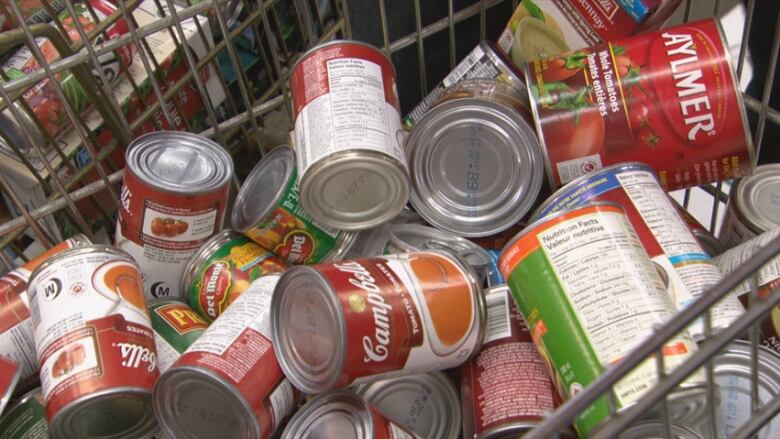Immigrant and refugee children at risk of health problems due to western diet
36% of refugee children and 23% of immigrant children were also lacking sufficient zinc in diets

Newcomers to Saskatchewan are finding out that western diets may be more affordable, but they're not necessarily the healthiest.
A study at the University of Saskatchewan looked at 300 childrenbetween the ages of threeand 13 whose families were either refugees or immigrantsin Regina and Saskatoon.
"The diet quality in newcomer children is not that good," said Dr. Hassan Vatanparast, a professor at the university's School of Public Health.
The study found that children embracing a western diet and lifestyle are increasing their risk of developing health problems within five years of arriving.
It found that refugee children were more at risk of stunted growth and high cholesterol while immigrant children were more at risk for obesity.

"The reality is that an apple costs about the same as a soft drink and a bag of chips, but a child is still hungry after eating an apple," Vatanparast said in a press release earlier this month.
"When obesity starts early in life or any matter related to nutrient deficiency early in life, then it means that the consequences, chronic diseases, can be established much earlier," Vatanparastsaid.
The study looked at factors like food security, body composition, diet, physical activity and socioeconomic status.
While immigrants generally have higher education than refugees, their qualifications and credentials may not be recognized in Canada, so they have to go into "survival" jobs to put food on the table, Vatanparastsaid.
About 36 per cent of refugee children and 23 per cent of immigrant children were also lacking zinc, which helps facilitate growth and development.
Also, while adult newcomers may have arrived with better overall health than Canadians, it declined over time.
About 48,000 immigrants and 3,800 refugees moved into Saskatchewan between 2011 and 2016.
With files from CBC Radio's Saskatoon Morning and The Morning Edition












_(720p).jpg)


 OFFICIAL HD MUSIC VIDEO.jpg)
.jpg)



























































































